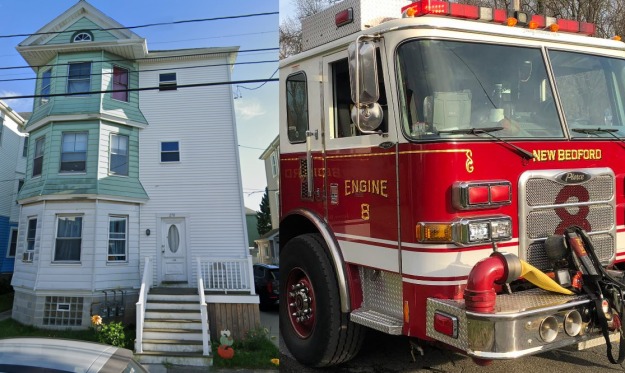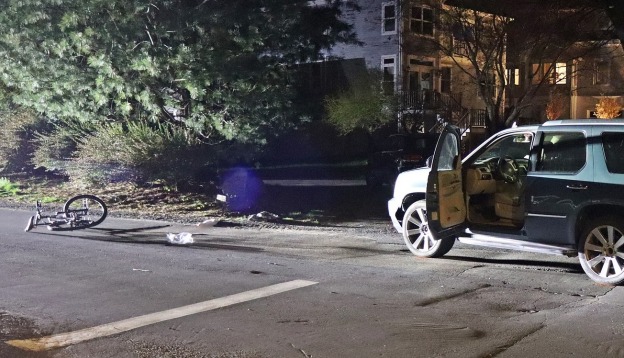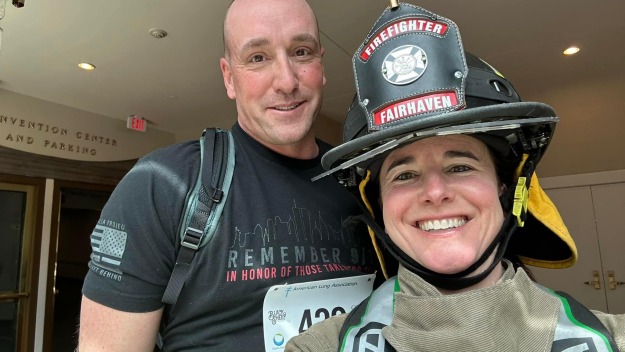There’s a new ethical issue emerging concerning the use of drones by police to monitor certain crime-riddled areas. It is yet another iteration of the age-old battle between rights and security. Just when we think we have a firm grip on the limits of our constitution, new technology is unleashed that forces us to search for first principles all over again. One has to imagine in the next few years, cases concerning the scope of drone surveillance will fall at the feet of the Supreme Court. For now, let’s look at the issue.
The case against this manner of invigilation is simple: allowing authorities to monitor cities from the air moves us ever closer to a police state. From there the arguments can roll down the slippery slope — they could arrest us for jaywalking! Littering! Rolling stops! The humanity!
Flippancy aside, there is something slightly unnerving about a perpetual eye-in-the-sky watching your every move. Even when a person is making all of the right decisions, it is still disconcerting to live in a fishbowl where someone somewhere can observe you at any time of day. This does seem to fly in the face of certain American values — namely freedom from a restrictive and overbearing government.
The other concerns are hyperbolic. Police would not be using this impressive technology to uphold fringe laws or chase down litterers or minor traffic offenders. That would be a most egregious misappropriation of taxpayer funds.
The other problem is that these drones would reliably be perusing areas comprising high numbers of people of color. There may be statistical information that supports their use in these areas, but the cry of profiling would be loud and —at least in terms of perception — warranted.
While the concerns are legitimate, there are also benefits to drones. They would enable police to stakeout dangerous criminals or parts of town without needlessly putting officers in harm’s way. The only difference between an inconspicuous vehicle parked with binocular-wearing detectives and a video-equipped drone is that in the former scenario, human lives are at risk. Drones would provide a safe way to gain information that prosecutors could use to get nefarious people off of the street.
They could also gather information when crimes are committed. Instead of a loud, noticeable helicopter circling overhead, small, robotic planes could accumulate intel about hot spots in certain communities following criminal activity.
In a world where adding more police officers becomes difficult due to budget restraints, drones offer more coverage and a versatile set of eyes to help fight crime at a lower price.
But that comes at a cost.
Is there a way to balance the pursuit of a safe society with the maintenance of a just one?
One answer could be to work certain legal language into any bill regarding drones. Perhaps drones can only be used in particular circumstances or with a warrant. Or perhaps any peripheral information procured by a drone would be inadmissible in court. There are already a number of exceptions to the 4th amendment concerning search and seizure, many of which would be relevant to cases concerning drones. Undoubtedly this would be difficult and contentious ground to tread.
Then of course there’s the argument that drones would be surveilling public areas, which do not fall within a person’s right to privacy. If a citizen is doing something illegal in (as legalese would have it) “plain sight” they are subject to the law of the land. Drones would not be invading privacy per se; they would simply be expanding the scope of “plain sight.”
The reflexive condemnation of surveillance drones is based on the notion that case-by-case usage could give way to a world where these robots plague the skies like locusts, and everyone is worried that they will may slip up and be apprehended. Of course this totalitarian 1984 ish scenario is avoidable. But if this technology is utilized sparing and effectively, with safeguards against any potential 4th amendment violations, then it is something we should
consider.
 New Bedford Guide Your Guide to New Bedford and South Coast, MA
New Bedford Guide Your Guide to New Bedford and South Coast, MA










Excellent essay, offering both the pros and cons of the use of this emerging technology.
Well done, Craig.